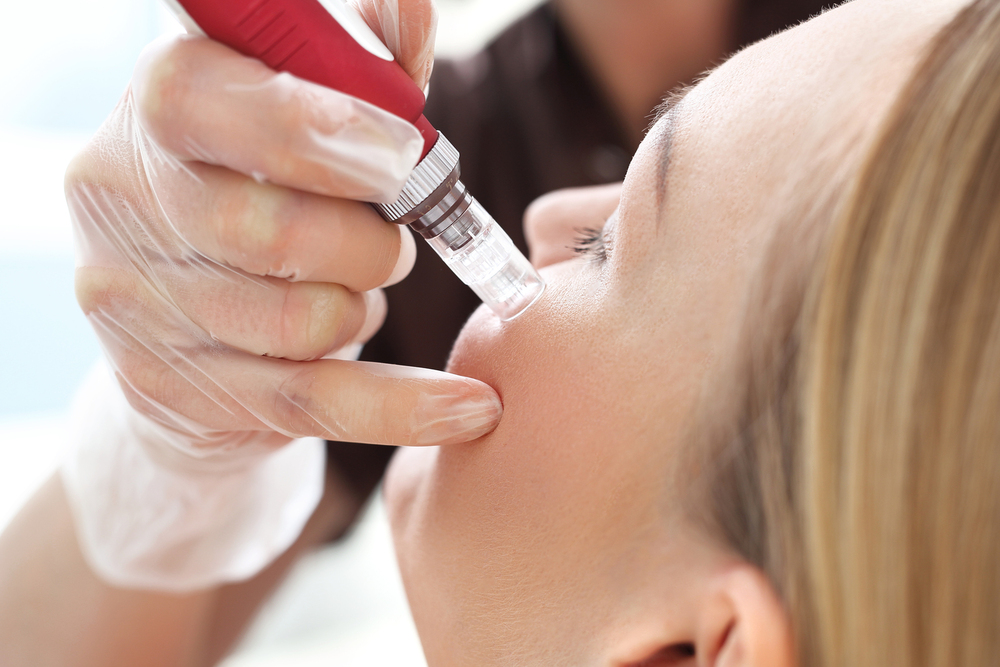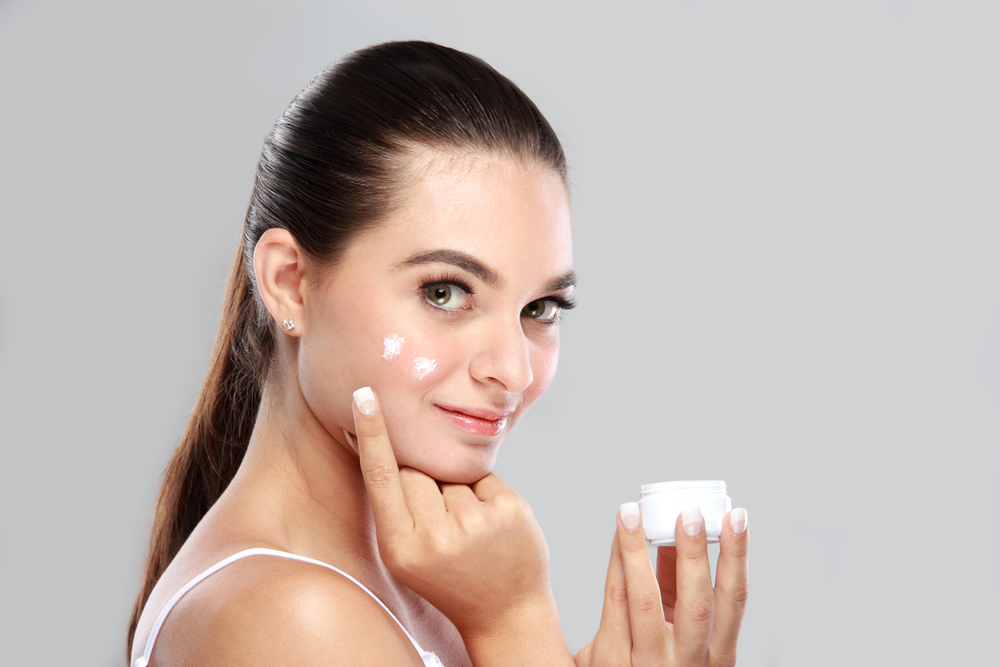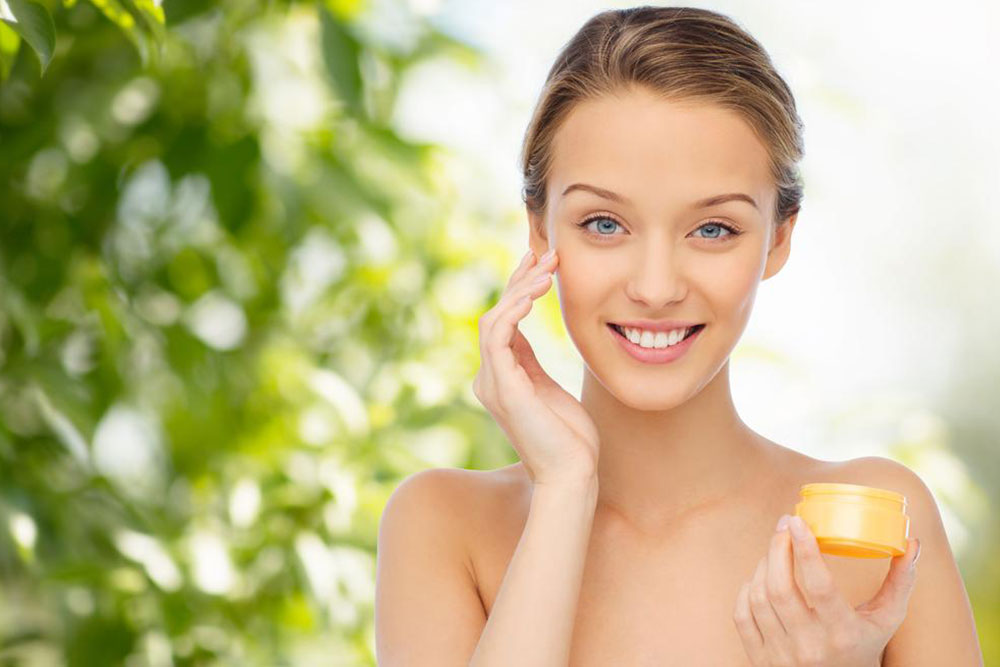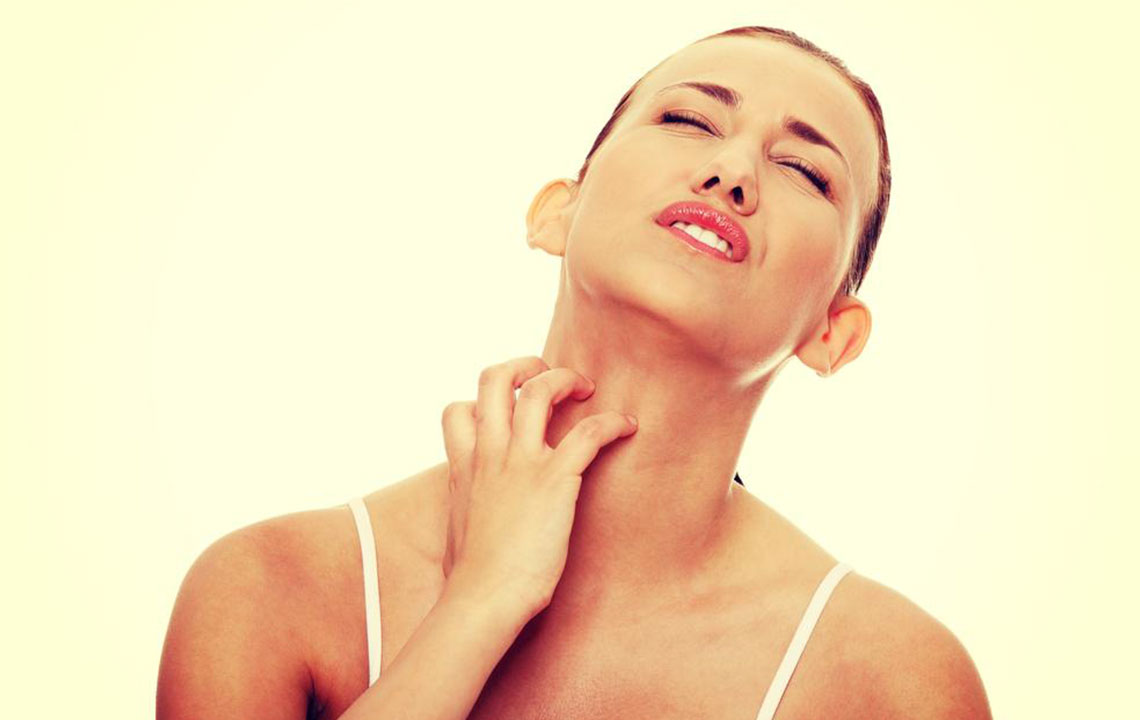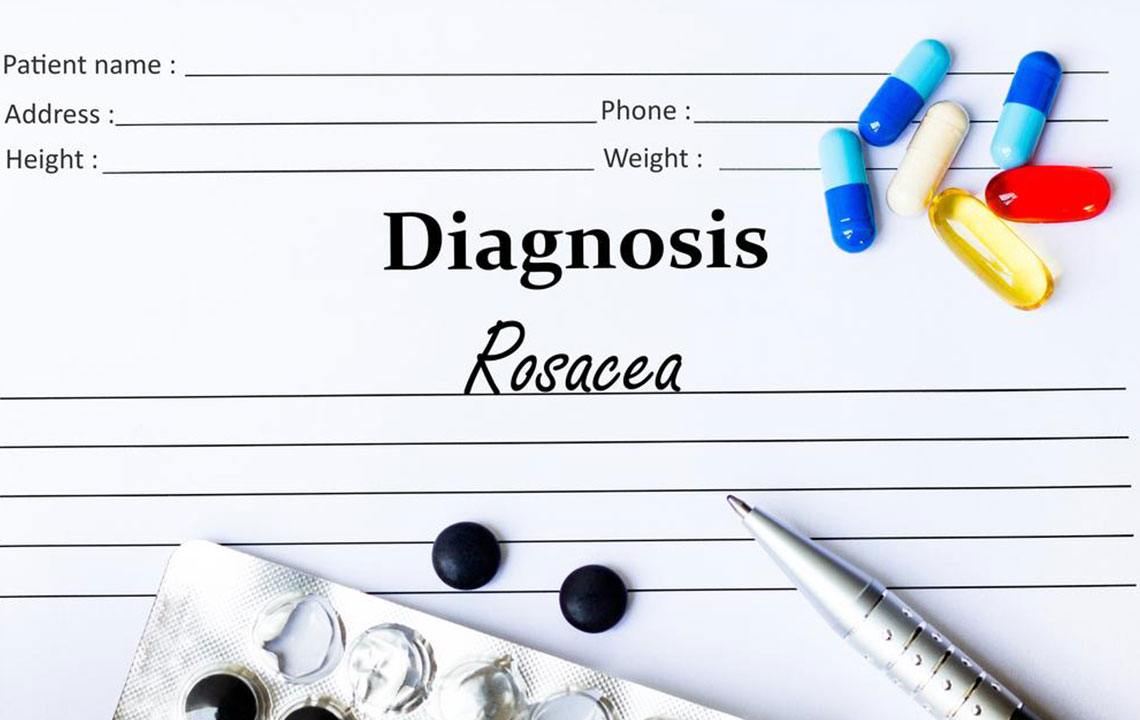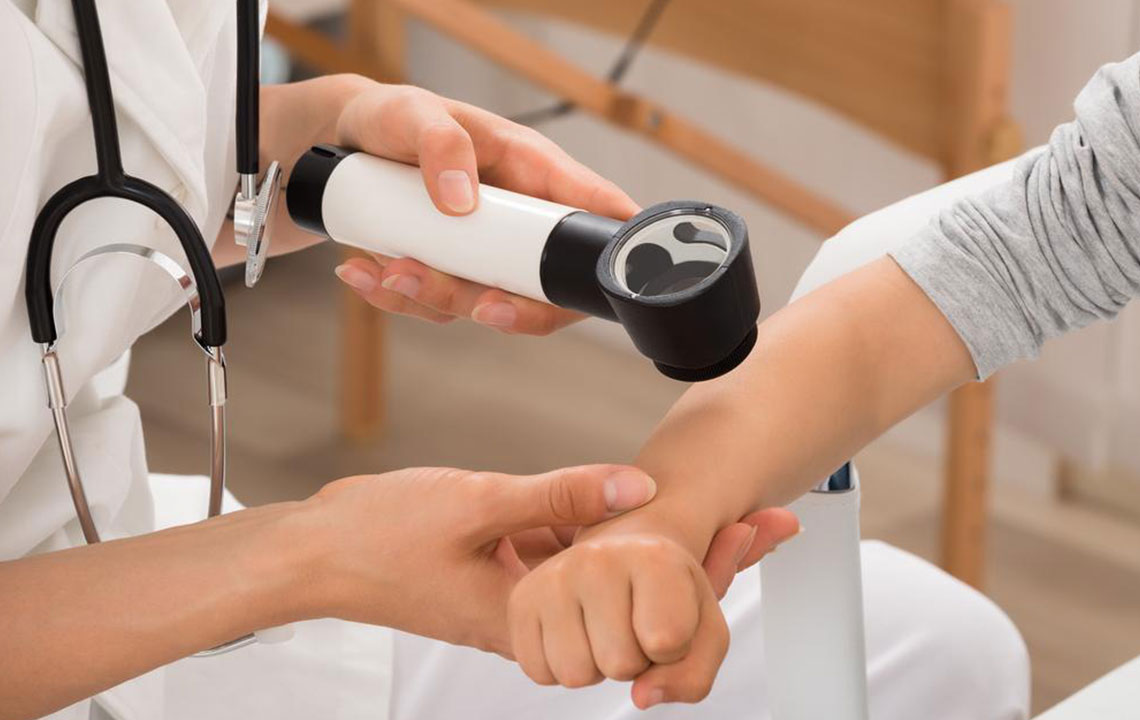Comprehensive Guide to Effective Acne Treatment Strategies
This comprehensive article explores effective acne treatment strategies, including OTC products, steroid injections, photodynamic therapy, and retinoids. It highlights the importance of personalized dermatological care for managing all severity levels of acne to achieve clearer, healthier skin. Read on to learn detailed methods and expert advice for combating acne effectively.
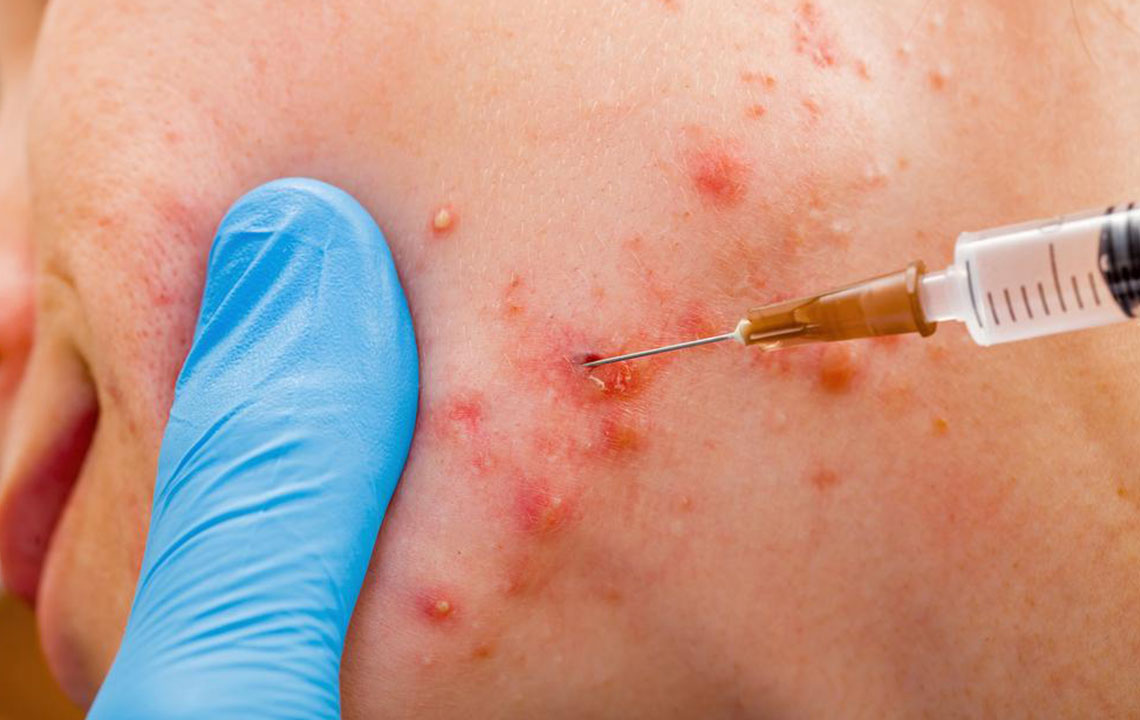
Comprehensive Guide to Effective Acne Treatment Strategies
Acne vulgaris, commonly referred to simply as acne, is a widespread skin condition that affects millions worldwide. Often characterized by the appearance of pimples, blackheads, whiteheads, and in some cases, cysts, acne can significantly impact an individual’s confidence and quality of life. Understanding how to effectively treat and manage acne involves recognizing its underlying causes, exploring available treatment options, and implementing personalized skincare routines. This comprehensive guide aims to provide detailed insights into the most effective strategies for acne treatment, ensuring that affected individuals can find suitable solutions tailored to their skin type and severity of the condition.
Skin health is vital not only for aesthetic reasons but also because it acts as the body’s first line of defense against environmental factors. The human skin is composed of numerous tiny pores, known as hair follicles, which are interconnected with sebaceous or oil-producing glands. These glands secrete an oily substance called sebum, which plays a crucial role in maintaining skin hydration and hair health. However, when the body produces excess sebum or when dead skin cells do not shed properly, they can clog these pores, creating an environment conducive to acne development. This blockage traps bacteria, particularly Propionibacterium acnes (P. acnes), leading to inflammation, redness, and swelling that are characteristic of acne lesions.
Effective acne treatment encompasses a variety of approaches, each tailored to the severity of the condition and individual skin type. Below, we explore the most proven and widely used treatment options to help you manage acne effectively:
Over-the-Counter (OTC) Skin Care Products: For mild to moderate acne, OTC products form the first line of defense. These include creams, gels, soaps, and lotions infused with active ingredients like Benzoyl Peroxide, Salicylic Acid, Azelaic Acid, and Sulfur. Benzoyl Peroxide is renowned for its ability to kill P. acnes bacteria and gently exfoliate the skin, thereby preventing future breakouts. However, it can sometimes cause skin bleaching or irritation, especially in sensitive skin types. Salicylic Acid acts as a keratolytic agent, helping to peel away dead skin layers and keep pores clear. Azelaic Acid offers anti-inflammatory benefits and is beneficial for mild to moderate cases. Sulfur, on the other hand, helps reduce excess oil and has antibacterial properties but may emit a noticeable odor and can cause dryness in some individuals.
Injectable Corticosteroids: For severe, painful cystic acne, corticosteroid injections provide rapid relief by significantly reducing inflammation and swelling. These injections deliver corticosteroids directly into cysts, causing a quick reduction in size and discomfort. While they are effective for persistent cysts, they do not address underlying bacterial causes and are usually used as a short-term solution in conjunction with other treatments.
Photodynamic Therapy (PDT): This innovative, minimally invasive treatment combines the use of specific wavelengths of blue light with a photosensitizing agent such as Levulan (ALA). The process involves applying the solution to the skin, allowing it to penetrate the follicles, then activating it with blue light. This activation destroys bacteria, reduces oil production, and minimizes inflammation, leading to clearer skin. PDT is especially useful for stubborn or resistant acne and can provide longer-lasting results with fewer side effects.
Retinoids and Vitamin A Derivatives: Topical retinoids like Tretinoin, Adapalene (Differin), and Retinol are potent agents that promote cell turnover and prevent the formation of new comedones (clogged pores). They work by opening blocked pores and decreasing sebum production. For severe cases or those resistant to other therapies, oral medications like Isotretinoin (commonly known as Accutane) are prescribed. These systemic treatments can dramatically reduce oil secretion and cyst formation but are associated with potential side effects such as dry skin, heightened sensitivity, mood changes, and, in pregnant women, risk of birth defects. Therefore, strict medical supervision is essential when using isotretinoin.
It is crucial to select the most appropriate treatment based on acne severity, skin type, and individual health considerations. Consulting a dermatologist is highly recommended for personalized care and to develop an effective, tailored treatment plan that minimizes side effects and maximizes outcomes. Remember, managing acne often requires patience and consistency, and combining multiple approaches can lead to the best results. Proper skincare, combined with professional medical advice, can help you achieve clearer, healthier skin and boost your confidence.